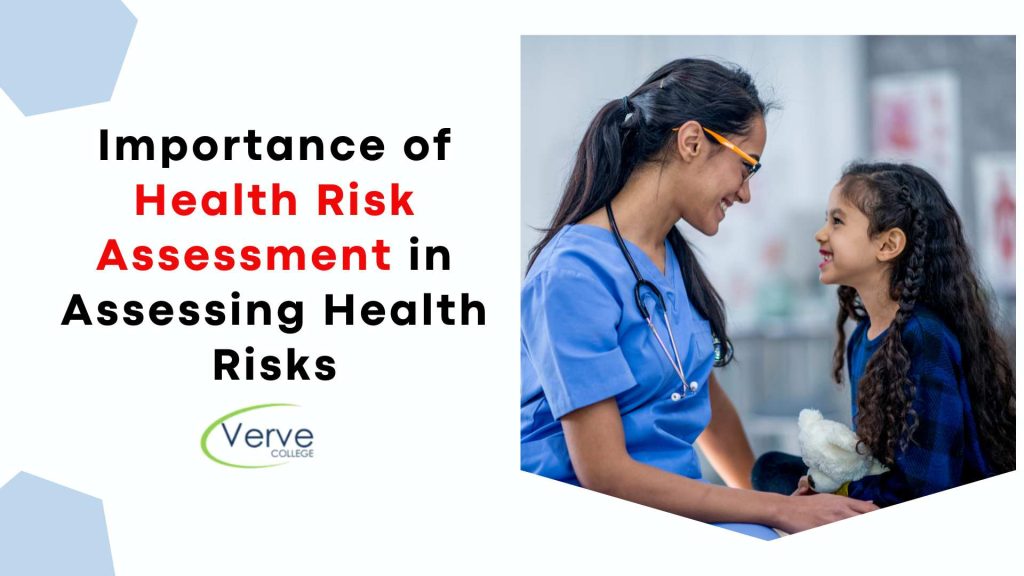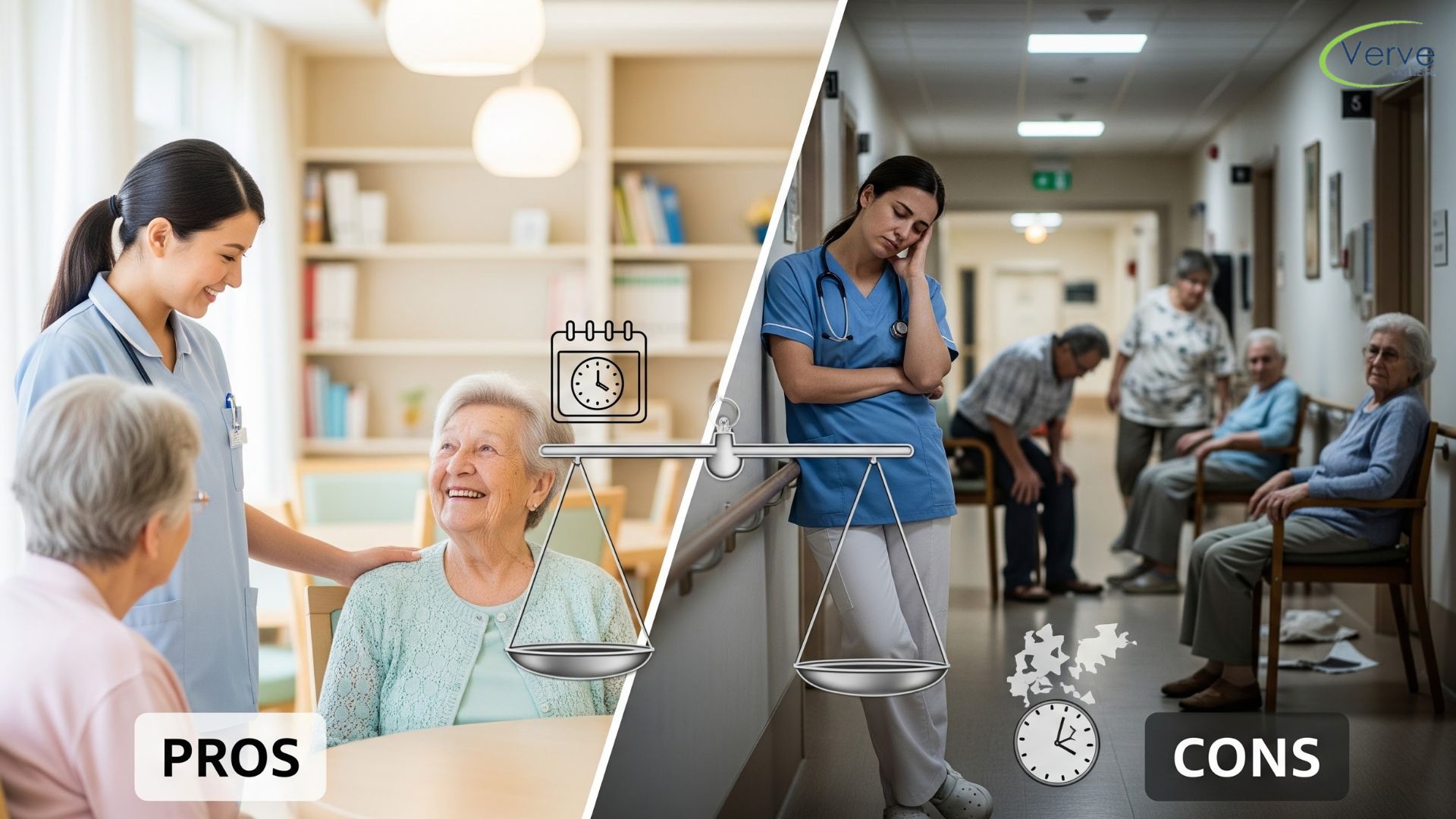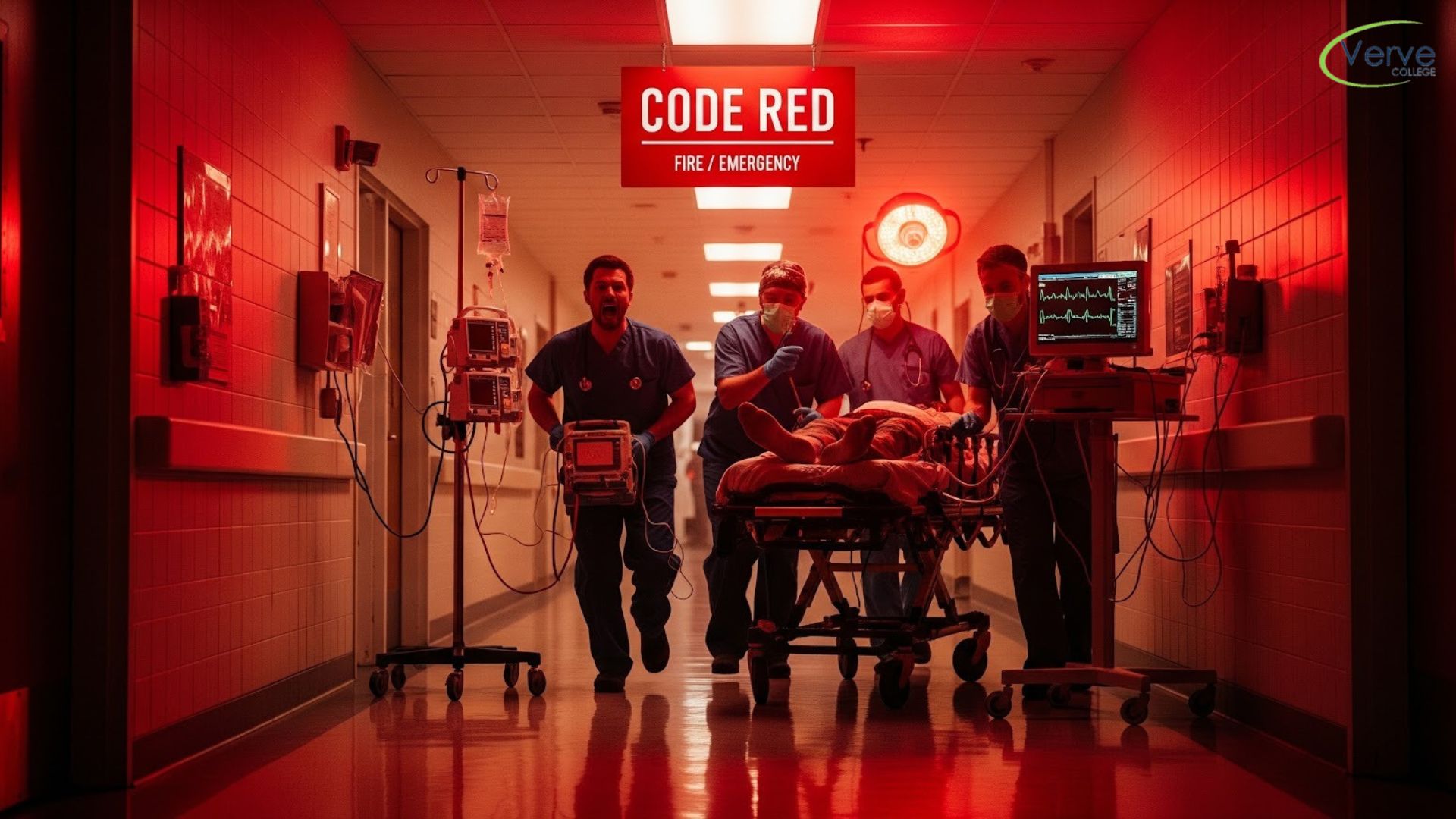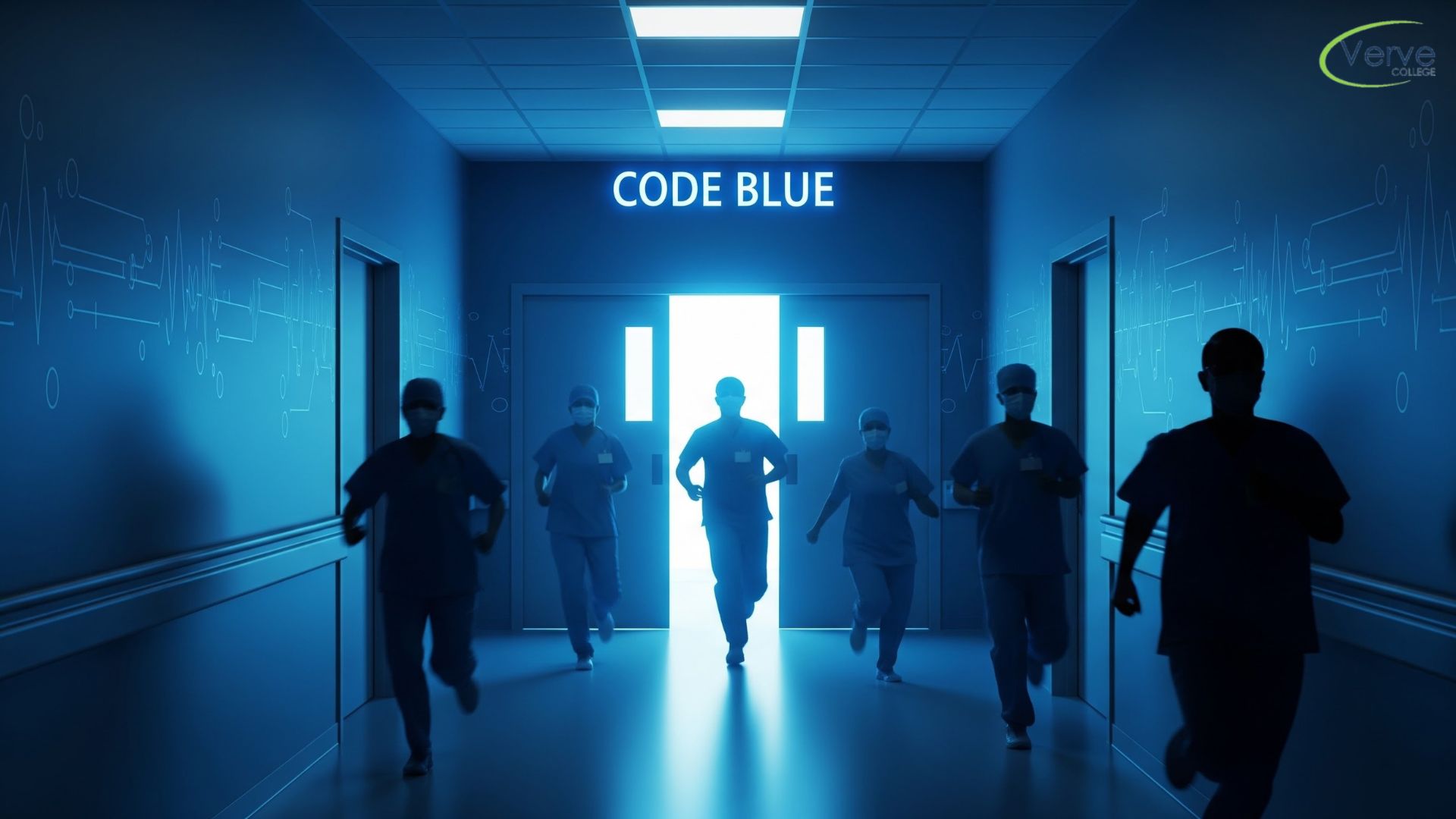- Oak Brook:(630) 705-9999
- Chicago:(312) 920-8822
- Email:inquiry@vervecollege.edu
- Make a Payment
- Home
- Programs
- Admission
- Resources
- ATI Entrance Exam Resources
- New E-Digital Library
- Refer a Friend
- School Newsletter
- Events
- Employers
- Job-Network
- Alpha Beta Kappa Candidates
- Verve College Library
- Graduation and Pinning Ceremony Photo Galleries
- Textbook Information
- Career Services
- Tutoring
- School Catalog
- FAQ
- Constitution Day Program
- Alumni
- Verve College Plans
- Financial Aid
- HEERF Reporting
- Satisfactory Academic Progress
- Apply For Financial Aid
- Net Price Calculator
- Return of Title IV Funds (R2T4)
- Financial Aid Office Code of Conduct
- Contact
- FAQs
- Verification Policy
- Vaccination Policy
- Student Right-to-Know Act
- Misrepresentation
- Information Security Program
- Academic Award Year
- Availability of Employee
- Cost of Attendance
- Health & Safety Exemption Requirement
- Students Rights and Responsibilities
- Leave of Absence
- Pell Formula
- Military Students
- Grants/ Scholarship Policy
- Contact Us
- Testimonials
- Blog
Is a Nursing Career Right For You?
Take The Free Quiz
Health Risk Assessment: The Importance of Assessing Health Risks
Health Risk Assessment: The Importance of Assessing Health Risks
Chronic diseases impose a considerable cost on the healthcare system as well as impact the patient’s physical and mental well-being. The CDC notes that chronic illnesses and mental health problems cause 90 percent of the $4.1 trillion spending on healthcare.
One of the most effective tools to combat this growing issue could be the Health Risk Assessment (HRA). HRAs go far beyond biometric screening information, providing healthcare professionals with complete knowledge about their Medicare patients’ health. The assessments are self-reported, providing insight into lifestyle choices and other aspects that impact health in clinical settings. HRA information allows healthcare professionals or practical nurses with a diploma from the best nursing schools in Illinois (private schools of nursing) to detect vital signs and risk factors, bridge gaps in healthcare, and provide personalized preventative measures.
They conduct HRAs during annual wellness visits, address risk factors earlier, and empower Medicare beneficiaries to take control of their overall health. This will allow them to make more informed choices, live healthier lives, and receive timely interventions. This preventive strategy also shifts the focus of healthcare from costly treatment to proactive preventative actions at nursing homes.
This article will examine health risk assessments in depth, analyze their importance in health care for patients, and provide suggestions for integrating them seamlessly into your workflow.
What is Health Risk Assessment?
A Health Risk Assessment (HRA) is a form of patient assessment that includes family and personal medical background checks, lifestyle factors, social determinants of health, and other pertinent information about health. The assessment aids healthcare professionals in determining the Medicare individual’s health and risks based on the patient’s self-reported responses.
Many organizations employ health risk assessment software, such as primary health practices, wellness & mental health nursing programs, health insurance companies, and employer-sponsored health initiatives. All HRAs ask similar questions about lifestyle and behavior choices. However, the additional questions can differ based on the kind of health care setting and the patient population, among them those curious about the Illinois College of Nursing tuition (community college). Clinical rotations are essential to nursing education because they provide nursing students a hands-on experience in a range of healthcare settings during their training in nursing college.
Related:- Potential Patient Safety Risks That You Should Be Aware of
HRAs Included in the Medicare Annual Wellness Checkup
HRAs at annual wellness Visits (AWVs) are essential to preventive health care and are required for Medicare patients to be charged for AWV visits as per the Affordable Care Act. Medicare patients must enroll in at least one AWV within 90 days of enrolment and should continue to have them every year.
ADVs have been shown to lead to improvements in patient outcomes and lower the total cost of healthcare in long-term care facilities. Medicare claims data indicates the total cost of healthcare decreases by a whopping 6% per patient annually following an HRA-led.
It is important to note that the AWV and HRA are focused on providing preventive healthcare instead of examining physical health. The information provided by patients in the HRA complements the biometric screening information gathered during the AWV to understand a person’s health status better.
After completion, HRA assists providers in creating a customized health plan for each patient based on identified risk factors to ensure that the patient can avoid any future health issues. The risk factors identified in the HRA can also lead to further follow-up or tertiary care like screenings, health services, or physical therapy. The patient is motivated to improve their health and brings an additional income for the clinical practice.
Medicare Health Risk Assessment Requirements
By the Affordable Care Act, Section 4103(b), Advanced practice nurses or professional nurses must adhere to specific guidelines and medicare health risk assessment clinical requirements when managing an HRA. This includes:
- Health issues, chronic diseases, urgent demands, and risk factors must be recognized.
- The HRA could be administered via the phone, online, or via an online application.
- A health professional could manage the HRA during the appointment.
- Other ways of conducting the HRA to make it more accessible are acceptable, provided they protect the patient’s confidentiality.
Under this Act, a doctor, healthcare professional, or medical professional who has acquired a diploma by completing nursing assistant programs in Illinois (training program to gain clinical experience) can perform an HRA or examine it after the patient has completed the form online. Furthermore, accommodation options and large-print formats should be available to patients with physical or sensory limitations. The questions should be developed at the reading level for sixth graders to ensure accessibility for all.
To make sure that nurse practitioners are educated and available to satisfy the community’s healthcare needs, this Act establishes standards for acceptance rates and highlights the significance of credit hour calculation for nursing education programs.
 Sign up
Sign up Login
Login




